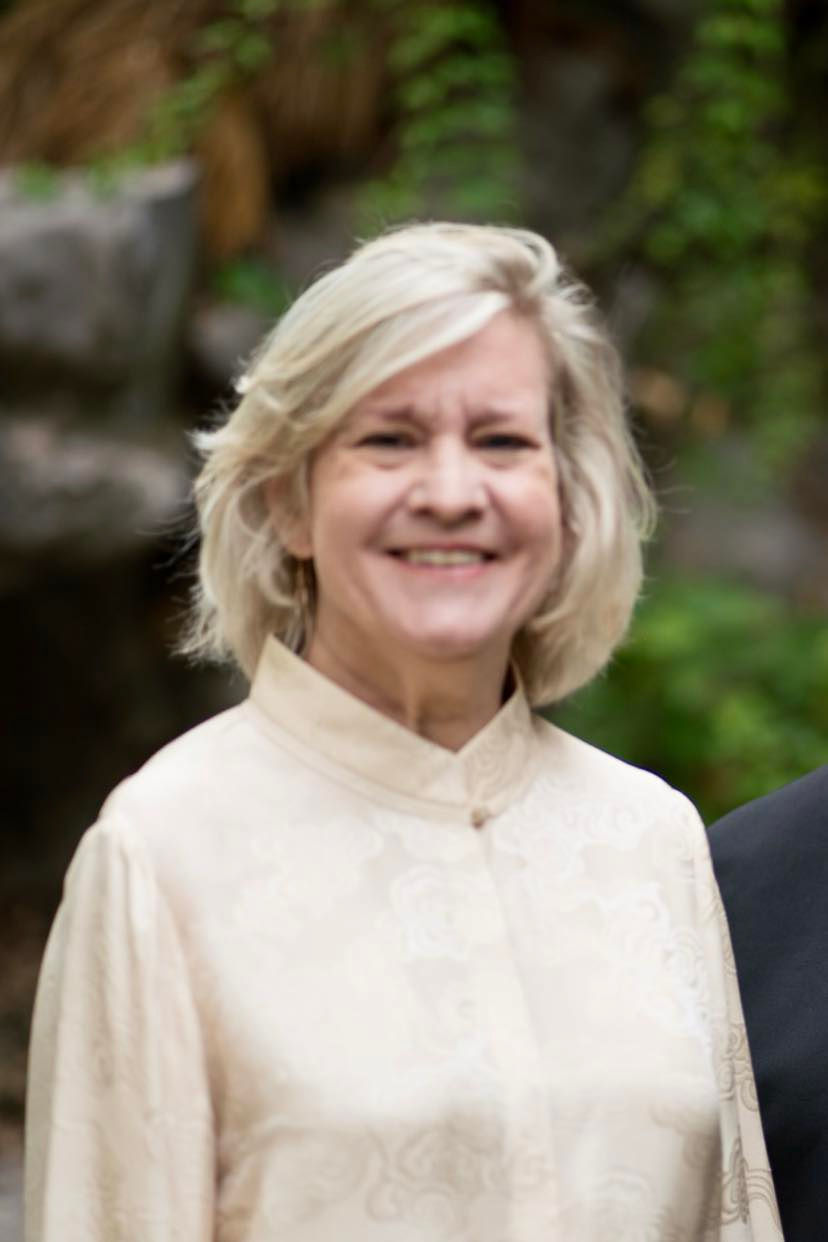Maintaining your professionalism while writing about divisive, emotional topics
- Rick Dunham
- Dec 29, 2024
- 2 min read
Two veteran correspondents offer tips on how they separate their personal emotions from their reporting while covering conflict zones and deeply divisive social and political issues.
By JHANE CAGO
Global Business Journalism reporter
Whether reporting from the White House or in a conflict zone, journalists often grapple with intense emotions that can complicate their work.
In a fall semester visit to Tsinghua University, two veteran reporters from the Christian Science Monitor discussed some of the challenges they have faced and described how they try to cope.

Warren Richey, a longtime foreign correspondent for the Christian Science Monitor and former reporter for the Saudi Gazette, recalls a harrowing experience during his first overseas assignment in Beirut, where he witnessed the aftermath of a massacre in a Palestinian refugee camp.
“There were still, frankly, pieces of people in the street,” he recalls. “I walked into that neighborhood alone, armed only with my shield, pen, and paper."
He was shocked, but local residents taught him a lesson that has stuck with him for the rest of his career.
"People came out and said, ‘Tell the world what you see here,’” he recalled.
The job of a journalist, he told the class, is to get people on the ground to share with your audience "what their life is like” without letting their personal feelings about the situation infiltrating their reporting.
“You can't try to have impact,” he said. “What you're telling will have impact, but you don't want to put your emotion into the story.”

Linda Feldmann, the Washington bureau chief of the Christian Science Monitor, doesn't report from a war zone. But the issues she writes about — from wars in Gaza and Ukraine to immigration and abortion — are deeply divisive. And the stories she writes evoke sharp emotions in her audience, frequently resulting in hate mail and crude insults on social media.
For Feldmann, professionalism is what gets you through the emotions.
“We’re professionals," she said. "You feel it because you’re human, but you have to get through it.”
To manage her emotions, Feldmann employs what she calls a “psychological trick” when she is dealing with a particularly difficult story.
“I have taught myself to step out of myself," she explained. "I may go home and cry, but in the moment when I'm recording and writing, I have to just meditate a little bit or something, but stay calm and just tell the story.”




Comments